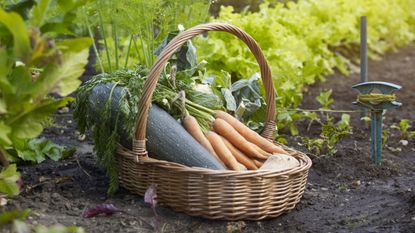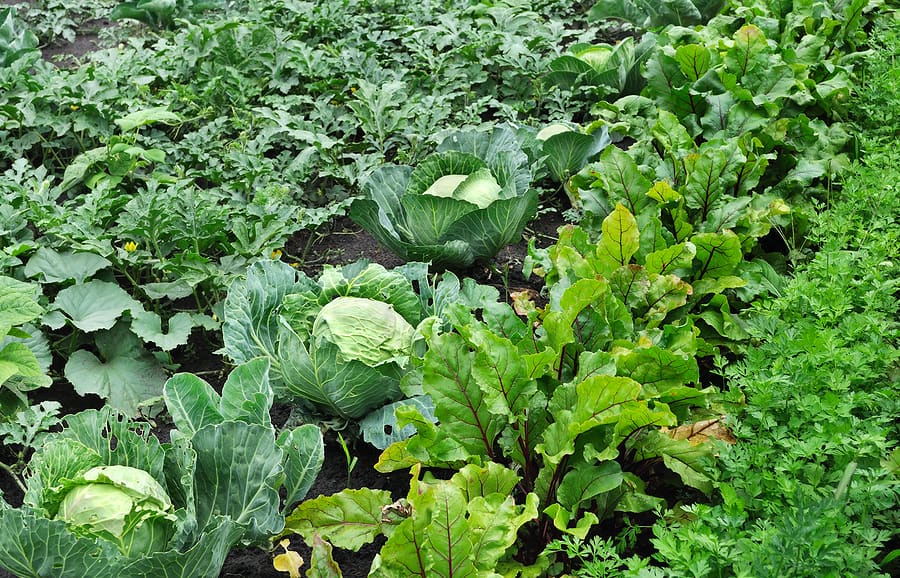Nourishing Your Peppers to Perfection: Unwinding the Tricks Behind the Finest Plant Foods for Optimum Plant Health
In this write-up, we'll discover the tricks behind the finest plant foods to accomplish maximum crop health and wellness. From understanding the importance of dirt nutrients to mastering the application methods, we'll guide you every action of the method. Whether you prefer artificial or natural plant foods, we have actually obtained you covered.
Importance of Dirt Nutrients

Among one of the most important dirt nutrients is nitrogen. Nitrogen is in charge of advertising fallen leave and stem growth. It is vital for the manufacturing of chlorophyll, which is necessary for photosynthesis. Without enough nitrogen, plants will certainly have yellowing fallen leaves and minimized overall vitality.
Phosphorus is an additional vital nutrient for plant growth. It plays an essential function in power transfer and is necessary for the advancement of solid roots and flowers. Phosphorus shortage can bring about inadequate origin advancement and decreased blooming, inevitably influencing crop yield.
Potassium is essential for regulating water uptake and enhancing plant resistance to diseases and parasites. It also adds to the general quality and preference of the plants. A lack of potassium can result in weak stems, bad fruit growth, and boosted susceptibility to diseases.
In addition to these key nutrients, plants likewise need second nutrients like sulfur, calcium, and magnesium, in addition to trace elements like iron, manganese, and zinc. Each nutrient has a details feature in plant growth and advancement, and a shortage in any of them can have damaging impacts on plant health.
Understanding NPK Ratios

The NPK proportion is a representation of the proportion of these three nutrients in a fertilizer. A fertilizer with an NPK ratio of 10-10-10 consists of equal amounts of potassium, nitrogen, and phosphorus.
However, it is very important to keep in mind that the exact NPK proportion required may vary depending on variables such as soil kind, climate, and specific plant needs. Carrying out a dirt examination can assist figure out the nutrient deficiencies or excesses in your dirt and guide you in picking the appropriate fertilizer with the ideal NPK ratio.
Organic Vs. Synthetic Fertilizers
When it comes to beneficial your peppers for optimum crop wellness,You frequently encounter the debate between natural and synthetic fertilizers. Organic plant foods are obtained from natural resources such as manure, bone, and garden compost dish. They supply nutrients in a slow-release form, permitting your plants to absorb them progressively in time. Organic plant foods also boost soil framework and fertility, promoting beneficial microbial task. In addition, they are eco friendly and do not consist of hazardous chemicals that can leach into groundwater or harm advantageous insects and wildlife.
On the other hand, synthetic plant foods are manufactured chemically and offer nutrients in an easily available kind. Artificial plant foods can likewise lead to nutrient inequalities and soil destruction if utilized excessively or poorly.
Organic fertilizers provide long-lasting soil health and wellness advantages and are more lasting in the lengthy run, but they might not provide immediate outcomes. Artificial plant foods, on the other hand, can deliver quick nutrients but might have unfavorable ecological influences.
Ideal Plant Food Application Strategies
Proceeding the conversation on synthetic and organic fertilizers, let's explore the most efficient strategies for using plant foods to your peppers. Proper fertilizer application is important for making best use of plant health and wellness and return.
For granular fertilizers, transmitted them evenly over the dirt surface area. Utilize a spreader to ensure uniform circulation. After spreading, lightly rake the plant food right into the top layer of dirt to avoid overflow and boost absorption. Water the area extensively to aid the nutrients penetrate the origin area.
Foliar spraying includes spraying the plant food straight onto the leaves. When utilizing the irrigation system, weaken the fluid fertilizer according to the manufacturer's guidelines and apply it evenly to the dirt.
Bear in mind to follow the advised application rates to prevent over-fertilization, which can damage your peppers. Routine tracking and adjusting of fertilizer application is required throughout the expanding period. By applying fertilizers appropriately, you can give your peppers with the necessary nutrients they need for healthy and balanced growth and bountiful harvest.
Supplementing With Micronutrients
To make sure optimum crop wellness and yield, it is very important to supplement your peppers with important like this trace elements. Trace elements are crucial for the total growth and development of your plants, as they play an important function in different physiological processes. These nutrients are needed in little amounts, but their lack can badly affect the health and productivity of your pepper plants.
Among one of the most essential trace elements for peppers is iron. Iron is vital for chlorophyll synthesis, which is accountable for the green color in plants. Without sufficient iron, your pepper plants may create yellow leaves, stunted development, and decreased fruit manufacturing. You can supply your peppers with iron with foliar sprays or dirt applications of iron chelates, which are conveniently offered in yard centers.
An additional trace element that plays a vital role in pepper development is zinc. You can supply your peppers with zinc via the usage of zinc sulfate or zinc chelates, either as a foliar spray or soil application.
In enhancement to iron and zinc, other crucial trace elements for peppers consist of manganese, copper, boron, and molybdenum. These micronutrients are associated with various metabolic processes and are essential for ideal find out here now pepper development and efficiency. best fertilizers for peppers. It is necessary to frequently check the nutrient degrees in your soil and plants, and make modifications as necessary to guarantee your peppers obtain the needed micronutrients for healthy growth and bountiful yields
Final Thought
In conclusion, choosing the best fertilizer and using it properly is important for the health and efficiency of your pepper crops. Comprehending the significance of soil nutrients, NPK ratios, and the distinctions in between synthetic and natural plant foods is essential.
On the other hand, artificial plant foods are manufactured chemically and supply nutrients in a readily offered type. Synthetic plant foods can also lead to nutrient inequalities and soil deterioration if made use of exceedingly or poorly.Continuing the conversation on artificial and organic plant foods, let's explore the most effective methods for using plant foods to your peppers. By using fertilizers properly, you can supply your peppers with the More Help important nutrients they require for healthy and balanced development and abundant harvest.
Understanding the value of soil nutrients, NPK ratios, and the differences between natural and artificial plant foods is crucial.